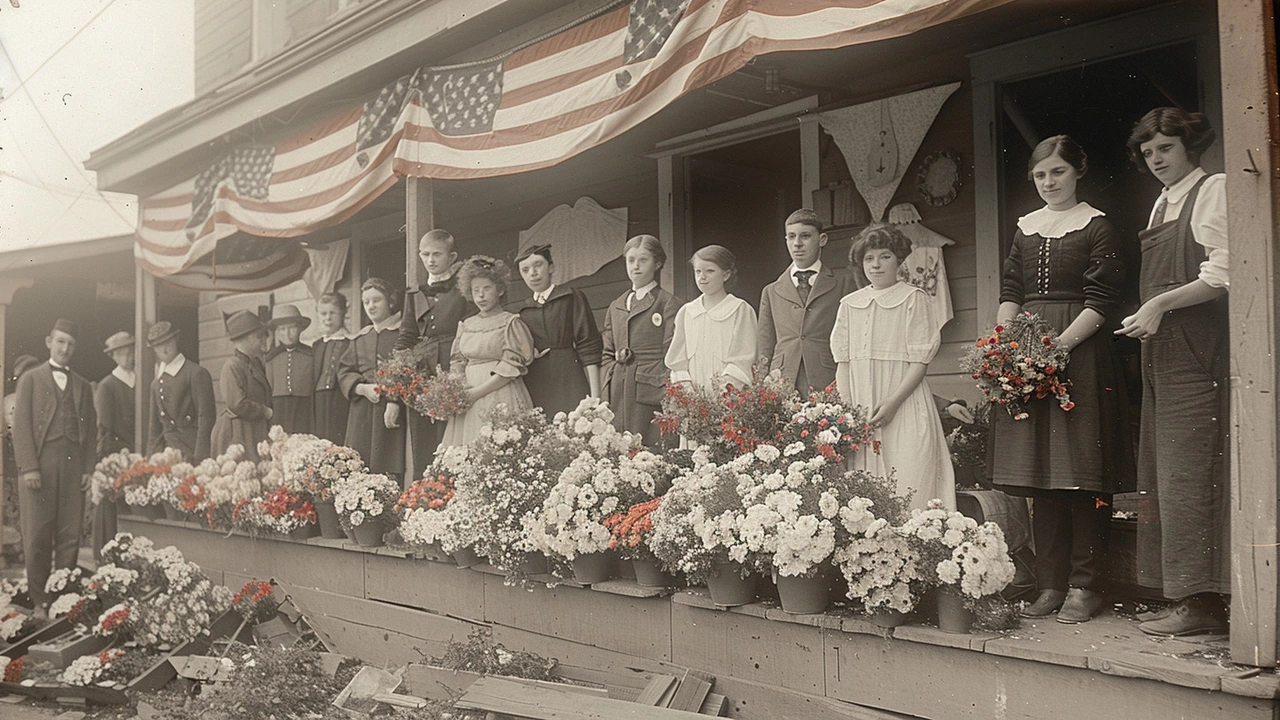Military Discipline Meets Football: Boost Your Game with Proven Strategies
Ever watched a soldier move like a unit and thought, "That’s the kind of coordination my team needs"? You’re not alone. The same principles that keep armies effective can make a soccer side unstoppable. Let’s break down how you can borrow military habits and turn them into football gold.
1. Drill Down on Routine
In the armed forces, every action starts with a clear routine: wake‑up, PT, gear check. On the pitch, set a pre‑match ritual that covers warm‑up, ball touches, and mental focus. Stick to it for weeks and your body will start reacting on autopilot, just like a soldier’s reflexes. Simple things like a 10‑minute ball‑control circuit before every training session keep muscles ready and nerves calm.
2. Master the Art of Communication
Military squads rely on short, precise calls – "Fire!", "Move!", "Cover!". Translate that into football by using clear, concise phrases during games: "Press", "Switch", "Drop". Practice these calls in drills so they become second nature. When everyone knows exactly what to do, you cut down hesitation and create faster transitions.
Beyond words, the military teaches you to read body language. Train your teammates to recognize when a player is fatigued or spotting a gap. A quick glance can replace a shouted instruction, keeping the flow smooth.
3. Build Mental Toughness
Soldiers face stress daily and learn to stay cool under fire. Replicate that pressure in training with “stress drills”. For example, set a timer and force your team to score a certain number of goals while defending a numerical disadvantage. The ticking clock forces focus and builds confidence for real‑match crunch moments.
Another trick is visualization. Before a game, spend five minutes picturing every play you want to execute, just like a commander rehearses a mission. It primes your brain to react faster when the action happens.
4. Embrace Squad Unity
In the military, a unit’s success depends on trust. No one gets left behind. Bring that spirit to the locker room: assign buddies for every training session, rotate leadership roles, and celebrate group achievements, not just individual stats. When each player feels responsible for the others, you’ll see a noticeable lift in chemistry.
Team‑building exercises don’t have to be extreme. A simple after‑practice coffee chat, a shared playlist, or a quick group stretch can reinforce bonds. The goal is to make the squad feel like a tight‑knit platoon.
5. Tactical Flexibility
Modern militaries constantly adapt to new threats. Your football side should be ready to shift formations on the fly. Practice switching between a 4‑3‑3 and a 3‑5‑2 in the same session, just as soldiers rehearse multiple response plans. The more fluid your squad, the harder it is for opponents to predict your moves.
Finally, review after each match like a debrief. Note what worked, what didn’t, and assign clear actions for improvement. This habit turns every game into a learning mission.
Integrating military discipline into football isn’t about turning players into soldiers – it’s about adopting a mindset that values preparation, clear communication, mental resilience, and unity. Try one of these ideas this week, and watch your team’s performance step up a level.

Unveiling the Forgotten Origins of Memorial Day: A Journey Through History
Explore the rich history of Memorial Day, tracing its origins back to General John A. Logan’s official establishment in 1868, and delve into the role played by Southern women in decorating graves of both Confederate and Union soldiers. Understand the contributions of figures like Francis Miles Finch in fostering national reconciliation.
More Detail